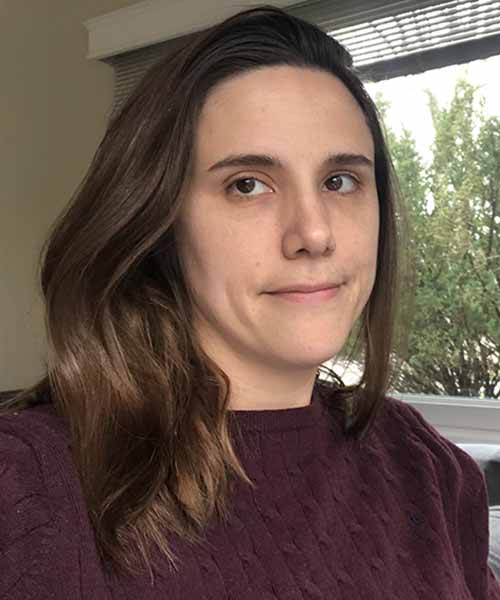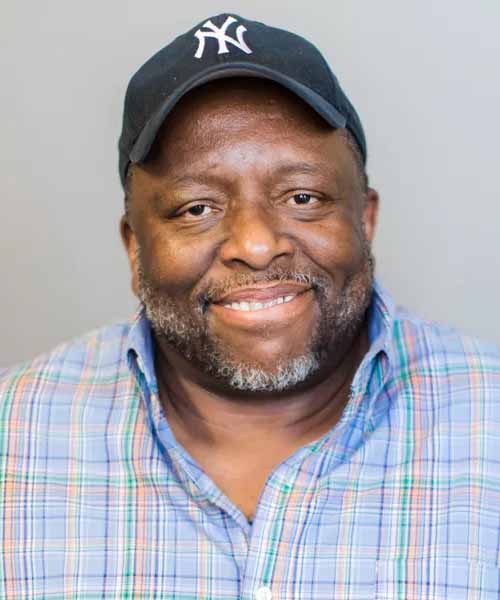Poverty and Human Rights
Showing the Poverty and Human Rights Video
Thursday, May 5, 2022
12:00 p.m. - 1:30 p.m. EDT
Location:
Online Zoom Webinar
There is perhaps no social phenomenon more comprehensive in its assault on human rights than poverty. Poverty undermines not only the universal rights to health, housing, food, water, and education, but also impedes the exercise of civil and political rights, like the rights to political participation, a fair trial, and personal security. According to the UN Development Program’s Human Development Report 2019, more than 1.3 billion people around the world are living in “multidimensional poverty,” a measure of poverty that looks beyond daily income to encompass the interlocking deprivations facing the poor. Here in the United States, 2020 marked the first increase in poverty after five years of decrease, bringing the national total of people living in poverty to 37.2 million.
Recognition of the devastating impact poverty has on the exercise of human rights is not new. The 1948 Universal Declaration of Human Rights affirms that “Everyone has the right to a standard of living adequate for the health and well-being of himself and of his family, including food, clothing, housing and medical care and necessary social services, and the right to security in the event of unemployment, sickness, disability, widowhood, old age or other lack of livelihood in circumstances beyond his control” (art. 25). Many religious communities have long advocated for the amelioration of poverty as a requirement for securing basic human rights, including Pope Francis' call in Laudato Si: "In the present condition of global society, where injustices abound and growing numbers of people are deprived of basic human rights and considered expendable, the principle of the common good immediately becomes...a summons to solidarity and a preferential option for the poorest of our brothers and sisters."
Panelists including Kate Donald (Center for Economic and Social Rights), Rev. David Hollenbach, S.J. (Georgetown University), Elisa Massimino (Georgetown University), and Rob Robinson (Partners for Dignity & Rights) addressed a range of core questions: How should governments, civil society groups, and the human rights movement operationalize the imperative to lift the burden of poverty? What new strategies can we pursue to prevent the magnifying effect of the COVID-19 pandemic on poverty? And how should we account for the gender and racial dynamics of poverty? This session explored these and related questions and set the stage for a series of discussions around the impact of poverty on a range of human rights.
Discover similar content through these related topics and regions.
Image Gallery
Image Gallery
/1

Housing-insecure woman pushing a cart in a garage.




